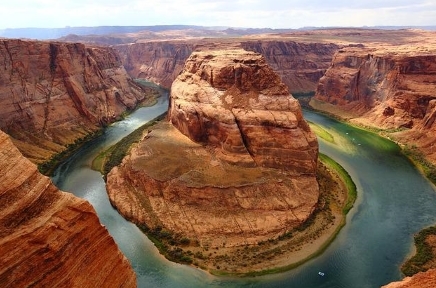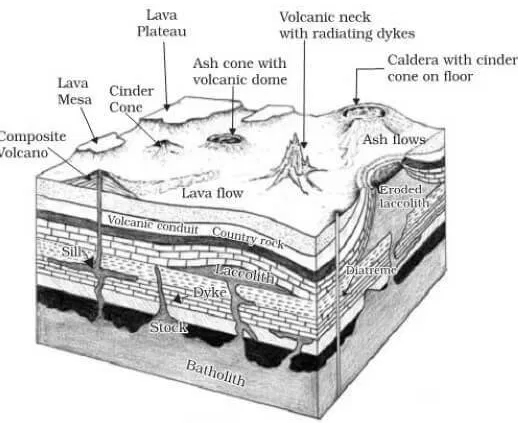how are volcanoes formed
Exploring the Earth’s Fiery Origins: How Volcanoes Are Formed Volcanoes: Nature’s Powerful Forces Volcanoes are one of nature’s most powerful and awe-inspiring forces. They are formed from the fiery depths of the Earth, where molten rock, or magma, builds up and eventually erupts onto the surface. The Formation of Magma Magma is formed deep within […]
how are volcanoes formed Read More »


